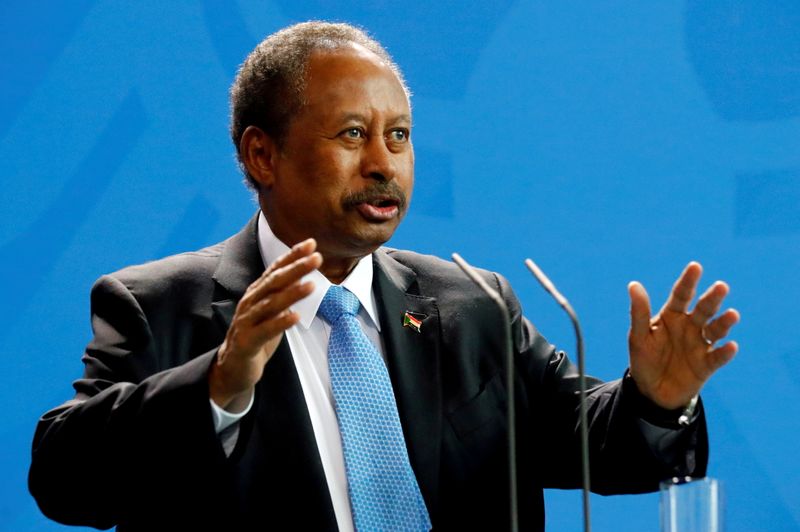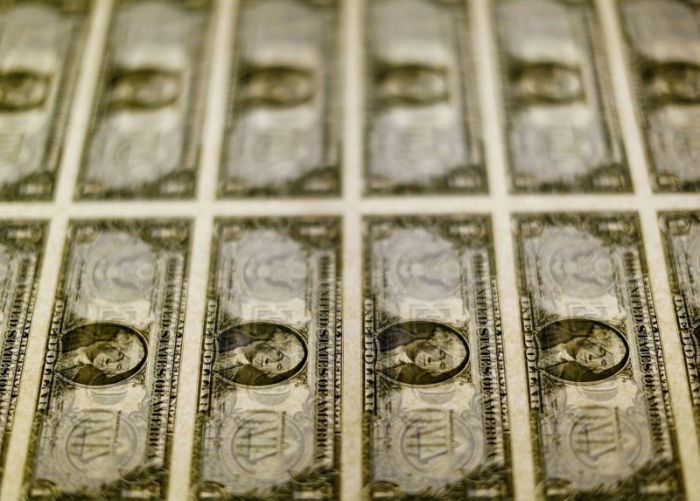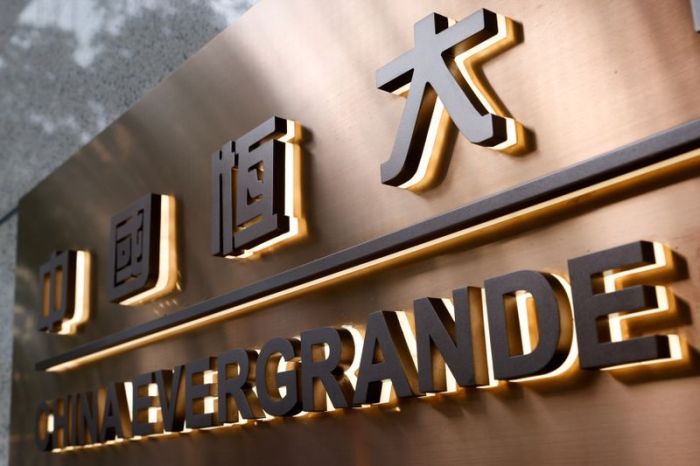KHARTOUM (Reuters) -Sudan’s security service has slapped a travel ban on members of a task force overseeing the country’s transition to democracy, government sources said, as tensions between civilian and military leaders threaten to boil over weeks after a failed coup.
The political crisis https://www.reuters.com/world/africa/sudan-coup-drama-lays-bare-distrust-between-civilian-military-leaders-2021-10-08 erupted on Sept. 21, when Prime Minister Abdalla Hamdok said rogue troops still loyal to Omar al-Bashir had sought to derail by force the revolution that removed the ousted president from power in 2019.
Two senior civilian government sources said on Wednesday that the General Intelligence Service’s (GIS) travel ban affected 11 civilian officials, most members of the Committee tasked with dismantling Bashir’s financial and political legacy.
In a statement later on Wednesday the GIS denied reports that it banned officials from travel and said that was not within its powers.
“The Service affirms that it is operating according to its duties as stated in the transitional constitution,” it said in the statement.
The sources said the list included Mohamed al-Faki, who at a news conference last month accused the military of using the failed coup as an excuse to try to seize power.
Al-Faki is also part of the ruling Sovereign Council, on which both civilian and military officials sit and which has run Sudan since Bashir’s overthrow.
Since the coup attempt, military leaders have withdrawn protection for the task force and demanded changes to the civilian coalition with which they share power.
“Who said we want to leave this country for them to ban us!” wrote committee member Wagdi Salih, who sources said was also on the list, on Twitter.
A senior military source said the military had no involvement in the travel ban, and that such measures were not among its responsibilities.
The sources said the ban was illegal as it originated from the GIS rather than the public prosecutor’s office, and that the cabinet – which sits below the Sovereign Council – was pressing for an investigation.
The ban came to light after another person on it, businessman Salah Manaa, managed to board a flight to Cairo, the sources said.
(Reporting by Khalid Abdelaziz, writing by Nafisa Eltahir; editing by John Stonestreet)

























